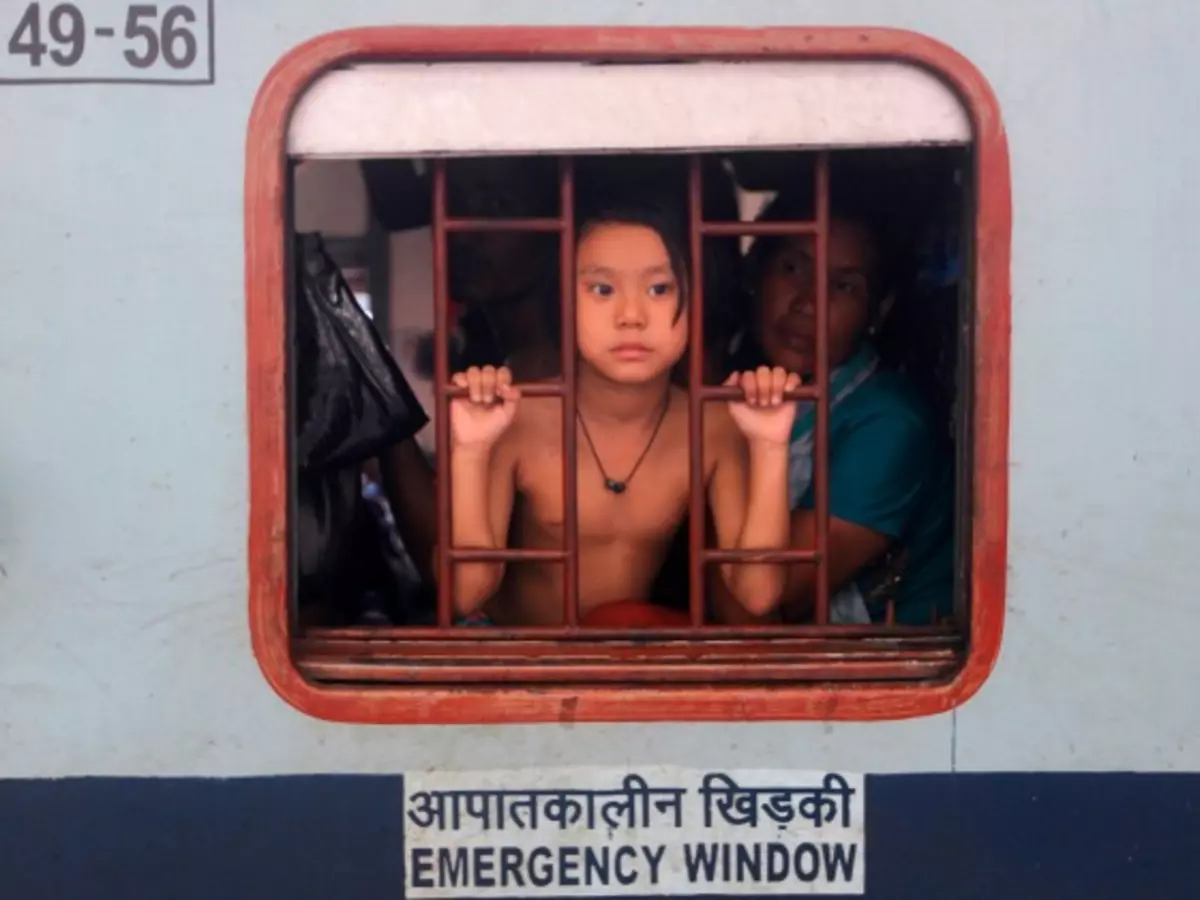People From The Northeast Tell How They Face Racism In Various Parts Of India
Two Northeasterners recount their experiences of racism in their own country.

In February this year a twelve-year-old girl from Assam wrote a letter the PM, asking him some pertinent questions. She wondered why the history of the North Eastern states was not included in her school curriculum. She was amazed that while the culture and heritage of all other states are taught all over the country, there isn¡¯t any mention of the history of any of the North Eastern states of India.

treklocations
The ¡®Seven Sister¡¯ states form North East India. Many aren¡¯t aware of this term used to collectively refer to Meghalaya, Arunachal Pradesh, Assam, Nagaland, Manipur, Mizoram, and Tripura. Students and professionals, from the region, who venture out to the metro cities of India often face discrimination.
Even though the Mary Koms and Bhupen Hazarikas of the region do the country proud, there is a large sense of disconnect. Often enough, there are reports of North Easterners being denied accommodation, being physically assaulted, and the women propositioned. They are subject to condescending glances and snide slurs. There is a perceived theory that the discrimination is more on economic bounds, and not regional, but it is not the case.
A 30-year-old from Assam recounts his time in Delhi and Mumbai. Karan* moved to Delhi when he was 16, to a private high school. Like his peers, he too had all the luxuries and experiences of life. In the walls of his school life seemed normal. He had friends who were locals. It was the world outside of this that held the mirror of racism to his face. He says that he found it ¡°weird¡± that people would often refer to him as ¡°nepali, kancha or chinki¡±.

cache
¡°I have been to a lot of places across India. But my real up close experience [would] be during schooling and college in Delhi and Bombay respectively. From a discrimination point of view, I would start by saying it was rare at first, because all the people I [had] met those days were really nice and would want to know more about from where I [belonged] except for some. Some people have this hidden racist instinct, like the principal from my Delhi school- One day, for some mischief, I got called to the principal¡¯s office. Yes, got an earful (I deserved it; we were tearing off shirt pockets of our school uniform). What annoyed me was when she said, ¡®If people from your region are like you, then we will never give admission to students from your region.¡¯, if a highly educated person such as she can carry such ideologies towards people of northeast then what can you expect from others?¡± he says.
Moving to Bombay proved to be a far more racially prejudiced experience for Karan. He was arrested and even imprisoned without being convicted. He is reluctant to talk about the incident, but does admit that he wasn¡¯t given a fair ear by the police authorities because his physical appearance is different from the typical Indian facial features. It was soon proven that he was implicated in a false case. On being acquitted, Karan went back to Assam. He lives there presently and is scared but not scarred from his experiences.

He believes that there is ¡°no use crying over spilt milk. Ignorance prevails everywhere that¡¯s why we have racist ideologies, and disconnect and indifference added to it. Development and prosperity of the region is the only way to earn that respect from the rest of India.¡±
Sammy, 26, from Guwahati was not as fortunate as Karan to have met open minded classmates. He recounts how he and another boy from Rajasthan were the two new late entrants in a prestigious college in Bangalore. Sammy was often picked on by his seniors, but his peer from Rajasthan was not. One day Sammy was left locked in a bathroom for 4 hours. He kept screaming, when they finally opened the door, his tormentors- the senior students, told him that there was ¡°no place for ¡®chinkies¡¯ in the college or in Bangalore. He mustered the courage to complain to the authorities, who were apathetic. A dejected man, Sammy, decided to quit the college, even though he was an academic topper.
At present, Sammy works and lives in Delhi. He does not encounter bigoted insults anymore, because he is well ensconced in his circle of friends and work colleagues, who are open minded people. He does, however, fear that once he ventures out of this protective shell, he will be subjected to blinkered opinions.

cache
Various people from the North Eastern states have moved to various other parts of the country and made their homes and careers. They are accepted and have assimilated into their neighborhoods, but the sense of being different looms large. Cases of mistreatment of the people of these areas keep being reported at regular intervals. One of the reasons for this is the lack of knowledge about the region.
As Sammy points out, ¡°why can¡¯t the good aspects of our culture be highlighted in the other parts of the country; like how much our society respects women. When such positive aspects are brought forward, the ignorance will recede and the respect for our region will grow.¡±
India is a country known for its unity in diversity. People speaking different languages and practicing different faiths still feel like a common group. It should be no different for those coming from the North East. An awareness of the history and culture of the region would help people better understand and accept a rather large and important part of this vast nation.
